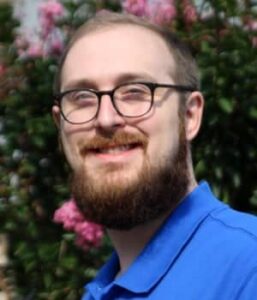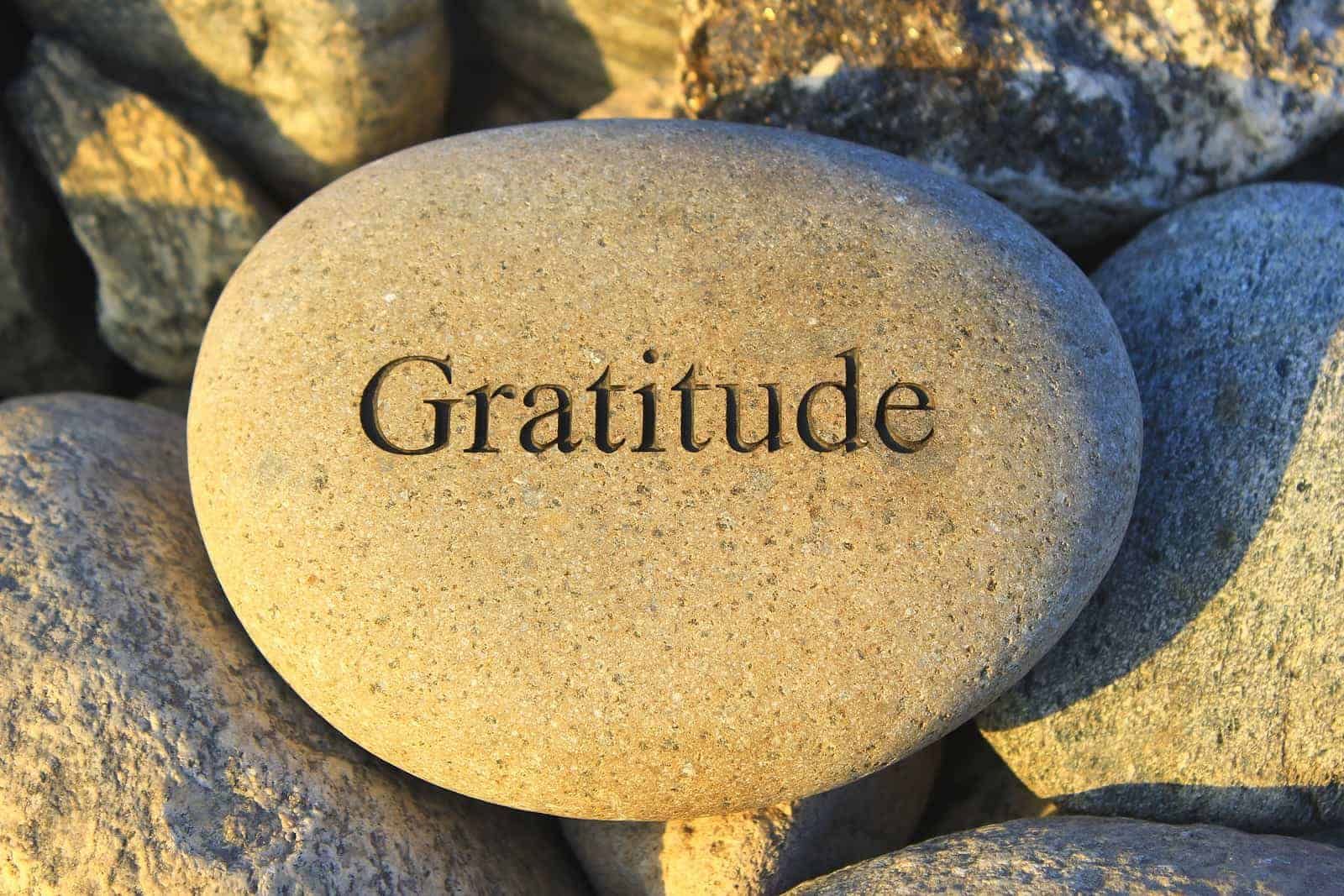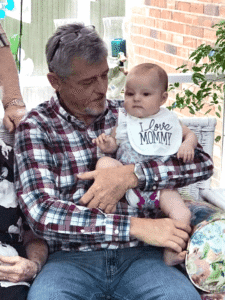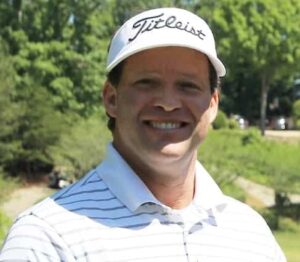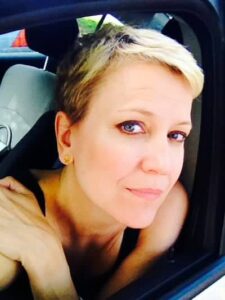The Rise of Alcohol Use Disorder
By Doug Brush, CACII
In the midst of a devastating opioid addiction crisis in our nation, alcohol abuse is quietly and subtly on the rise. According to a new study published in JAMA Psychiatry, occurrences of Alcohol Use Disorder rose by 49 percent between 2000 and 2010. A shocking one in eight American adults in the United States currently meets the criteria for Alcohol Use Disorder – one in eight of your coworkers, neighbors, or family members. That’s 12.7 percent of the adult population, and the increase is even higher in women, minorities, and older age groups.
Alcohol Use Disorder is affecting our society, our workplaces, and our healthcare system. It is crucial to recognize the sheer volume of this problem and how we can move forward.
The clinical staff here at MARR has seen this shift taking place for the past three years. In 2014, opioids surpassed alcohol as our program’s leading drug of choice. However, in the past two years, admissions at MARR’s Men’s Recovery Center (MRC) has reflected this change: in 2015, 40 percent of admits were due to Opioid Use Disorder and 38 percent were attributed to Alcohol Use Disorder. Conversely, in 2016, alcohol-related admits rose to 51 percent while opioid-related admits declined to 29 percent.
Not only are more people drinking, they are also drinking more. Earlier, heavier, and more chronic use of alcohol leads to more complications, and individuals who enter treatment are more medically compromised than ever before. At MARR, we are seeing clients with earlier onset liver disease, Cirrhosis, Pancreatis, and esophageal issues.
We have also seen increased episodes of binge drinking, early onset of dependence and progression of Alcohol Use Disorder, and an increasing number of college students entering treatment. As substance abuse continues to increase, alcohol abuse has become more normalized, making it harder to identify and accept as a major issue.
What do all of these statistics really mean for men and women who are suffering from Alcohol Use Disorder? Percentages will continue to change, but at MARR, we recognize that there are crucial aspects of treatment that have stood the test of time. This is about more than numbers, it is about changing lives for the better. We will not be satisfied with just identifying the problem – we want to move forward and provide a solution.
Recovery will always require three things: willingness, acceptance, and time. That’s why MARR is committed to proven, long-term treatment that works.
For over 42 years, the staff here at MARR has worked with clients to treat Alcohol Use Disorder. Our clients commit to remain here for a minimum of 90 days. This is the foundation of our program because we realize that it takes time to heal the physical, emotional, and spiritual wounds that are inflicted by addiction.
We also believe that the path to acceptance is best walked within the context of a supportive community. Within gender-specific treatment facilities, men and women are challenged to enter into vulnerable relationships with others as they begin to face their addiction.
One of the most powerful ways to engage in recovery is sharing your story. Community provides a safe place where clients can begin to verbalize and express feelings and emotions that have been buried. MARR’s Therapeutic Community is the agent of change that fosters trust, accountability, safety, acceptance, and hope for those in treatment. It is in community where we begin to combat the feelings of guilt and shame that so often accompany the disease of addiction.
In 2015 and 2016, 84% of men and 61% of women who came to MARR with a primary diagnosis of alcohol use disorder successfully completed 90 days of treatment. We will continue to strive to improve completion rates at MARR and acknowledge new patterns and changes, while also holding true to the values that have carried us to where we are today.
With an unwavering commitment to our core values and mission of bringing total and lasting recovery to addicted individuals, MARR continues to be prepared to meet the challenges of providing hope and healing for men and women and to their families.
Reference:
Schuckit, Marc, A. 2017 Remarkable Increases in Alcohol Use Disorders. JAMA Psychiatry, 74(9):869-870. doi:10.1001/jamapsychiatry.2017.1981


